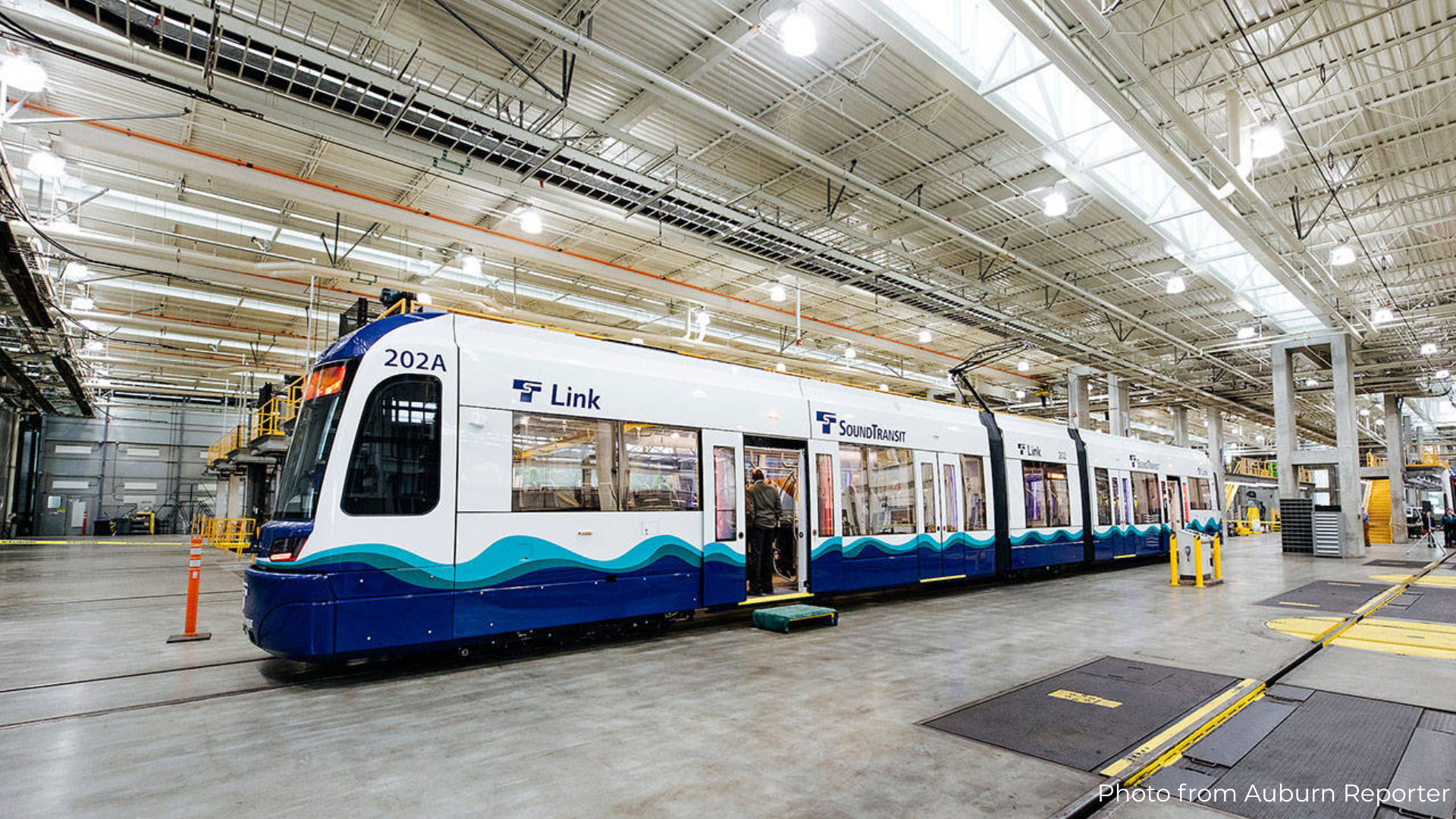Several bills were proposed this legislative session to expand or replace existing state transportation policy goals, and replace them with goals like “health,” “accessibility,” “environmental justice,” and “equity.” This included removing the goal of mobility (congestion relief and freight mobility) – which WSDOT testified in support of.
Fortunately, these ill-conceived proposals did not move forward this session, though they could certainly return next year.
However, WSDOT may still get to test them out in a sample performance-based evaluation of two transportation projects of their choice. A proviso in the Senate supplemental transportation budget (Sec. 218, subsections 7(a) and (b)) would direct WSDOT to report back by the end of this year what a performance-based evaluation would look like under current transportation policy goals in law as well as “the themes of health, accessibility, environmental justice, equity, and climate change, and how those themes should be defined in a transportation context.” WSDOT would choose one existing highway capacity project and one multimodal project that they would evaluate using these criteria.
On the one hand – directing WSDOT to complete a report is better than a haphazard legislative overhaul of the transportation policy goals. I’m sure there will be an opportunity for the public and lawmakers to evaluate the methodology used in the report and comment on whether the criteria are appropriate or useful. We argued in a legislative memo that these new goals (or “themes” as they’re called in the proviso), are nebulous and difficult to measure, and are not useful in achieving what should be the primary role of the state DOT. Still, seeing how WSDOT uses the vague goals to validate or invalidate a transportation project could be revealing.
On the other hand – the proviso allows WSDOT to use their desired policy goals (as well as current transportation policy goals) as criteria in the evaluations without having undergone any public process to determine whether these goals are appropriate in the first place. For example, are “health” or “equity” or “environmental justice” useful criteria by which to evaluate whether a needed bridge should be built? What do these so-called “themes” mean and how are they measured? Could this nebulous language be used to shoot down desperately-needed road capacity projects to instead promote bike paths and public transit?
I can imagine a pavement project in eastern Washington receiving a low score if the criteria demands the project meet climate change or equity goals. WSDOT might say a project that sufficiently aligns with the goal of climate change would have a bike path, or other features that add unnecessary costs and aren’t useful to most rural commuters. They might say that capacity projects would increase vehicle miles traveled, which would not align with the climate change goal. What then? Projects in rural Washington could possibly be at a disadvantage.
This is why public input is so important when we talk about state transportation policy goals and their relationship to transportation projects. Changing the transportation policy goals – or testing out new “themes” to that same end – should not be done in a vacuum and outside of a transparent public debate. The goals help define policy parameters for WSDOT and give the public and lawmakers a way to hold WSDOT officials accountable in how they spend our money. Changing the policy goals should not be taken lightly.
Further, the ambiguity of language like “equity” or “health” as it relates to transportation does not serve the public well. It only serves WSDOT officials, who could use the ambiguity to apply the criteria differently every time, according to what they believe is best for the public.
If the budget passes with this proviso intact, we hope WSDOT will consider a project in rural Washington as its sample highway capacity project and make sure some of these implications are addressed.





